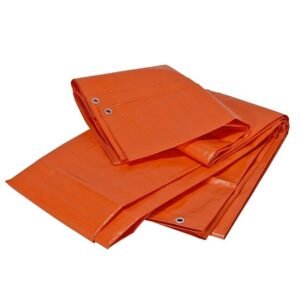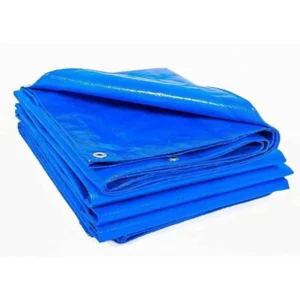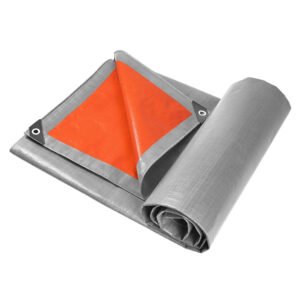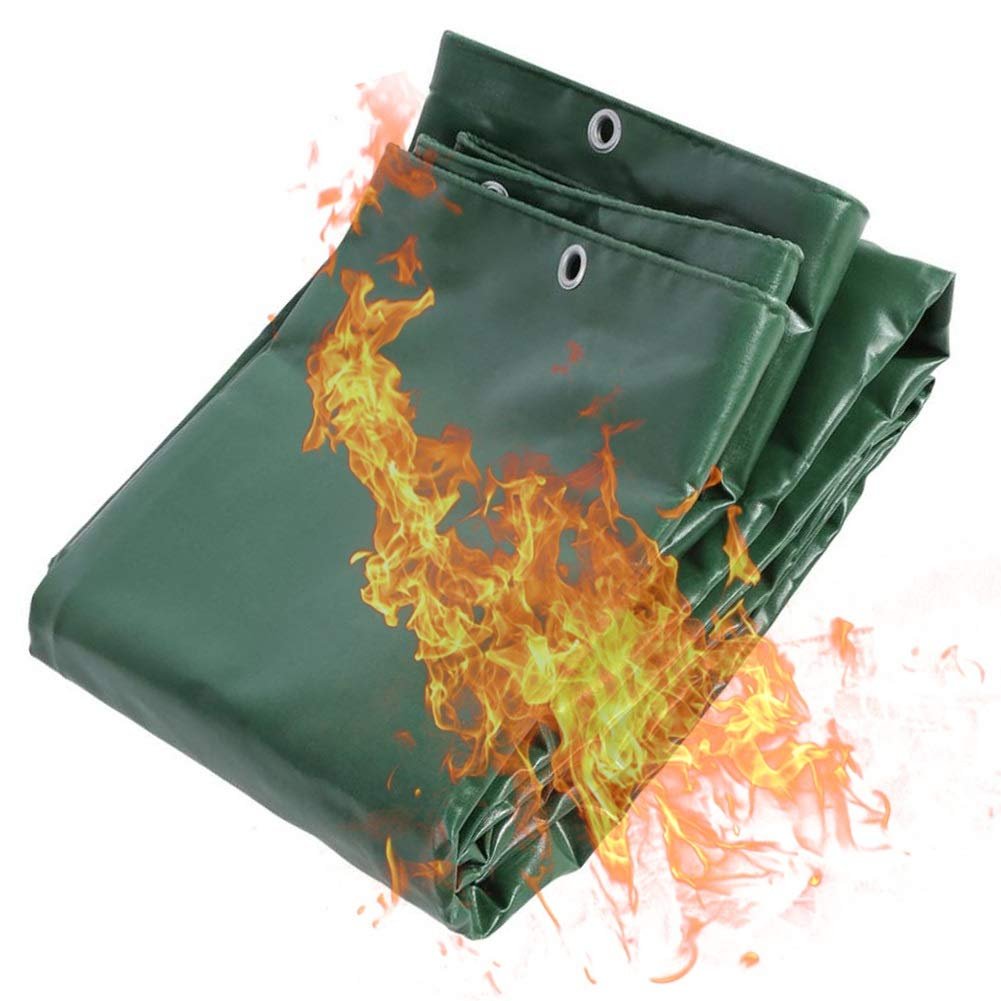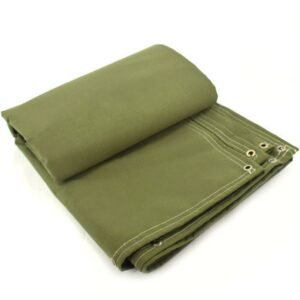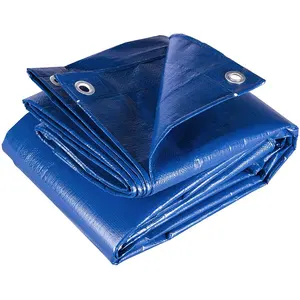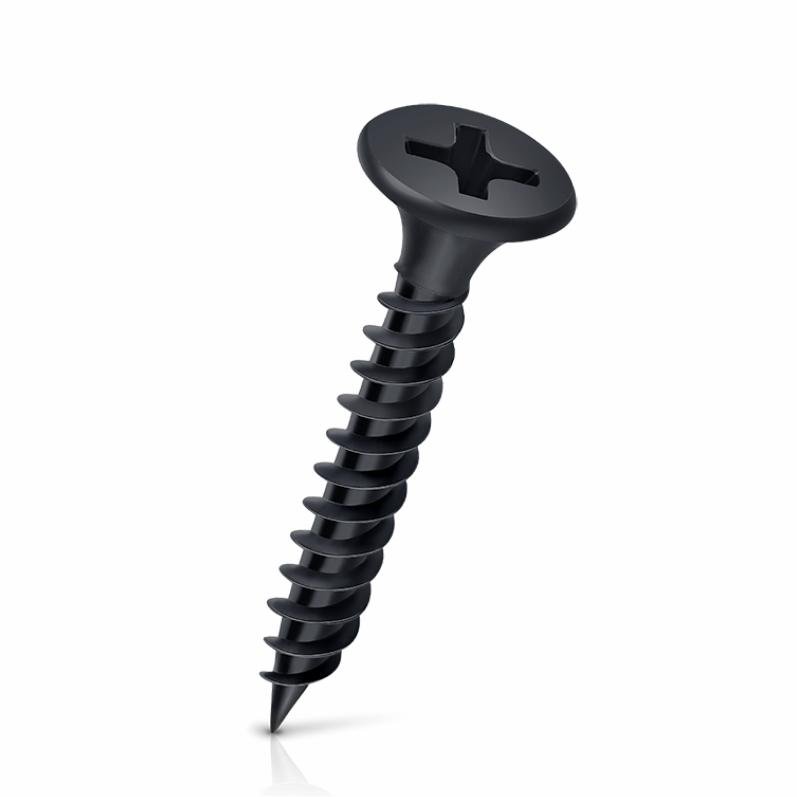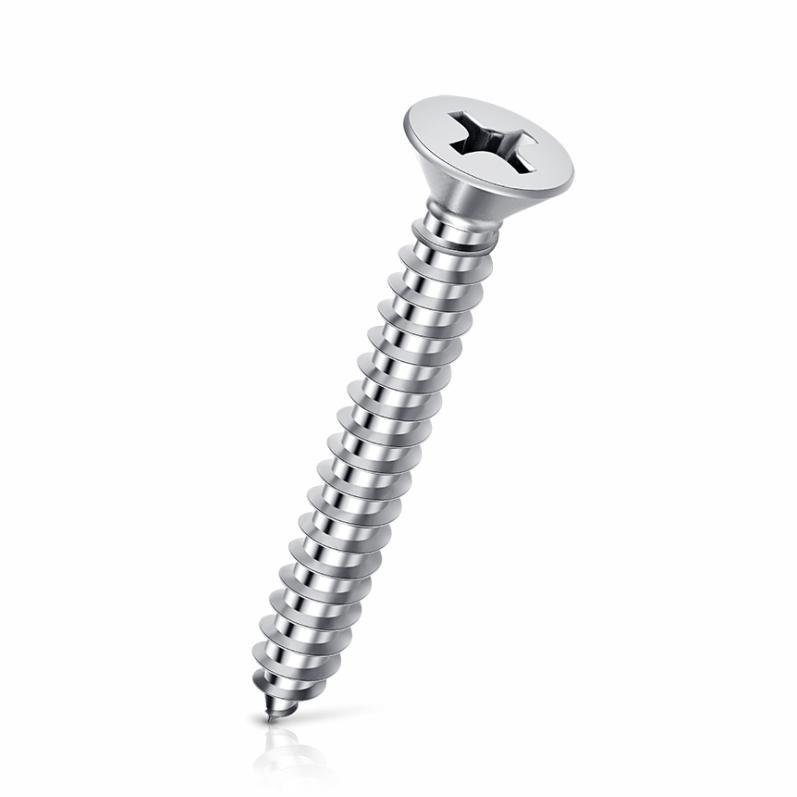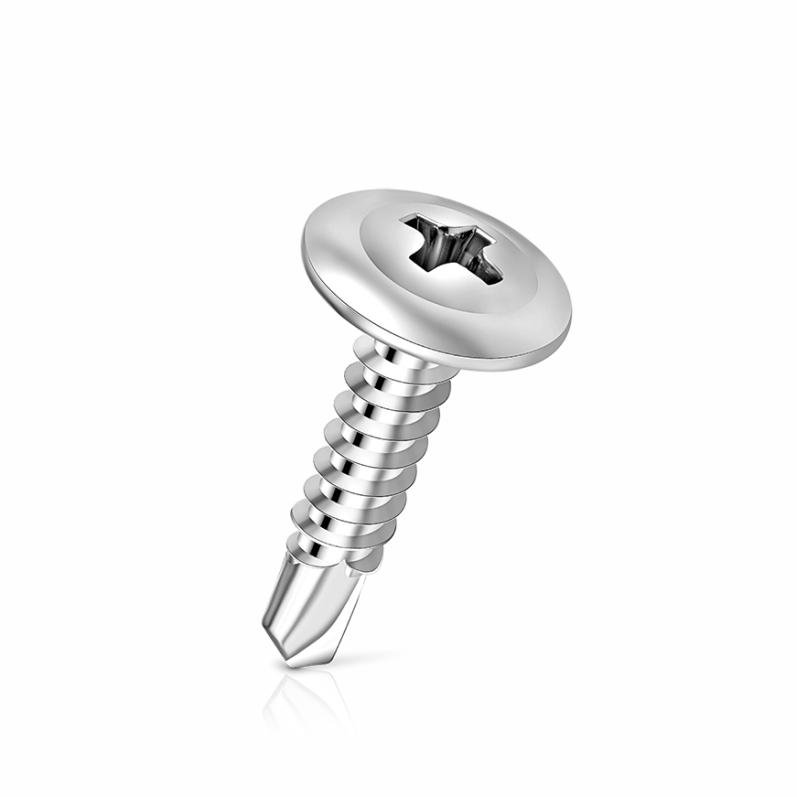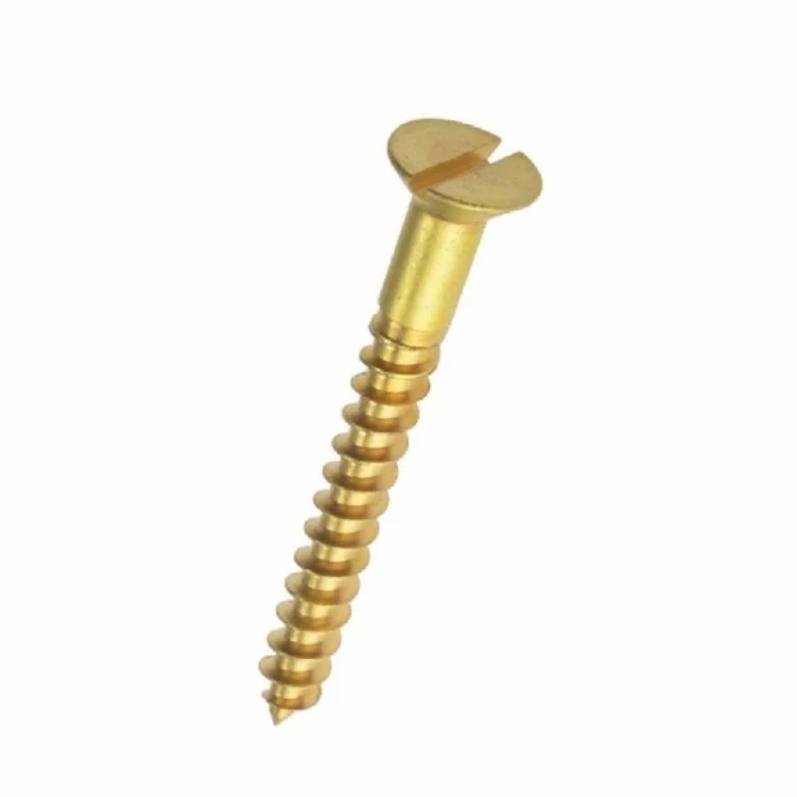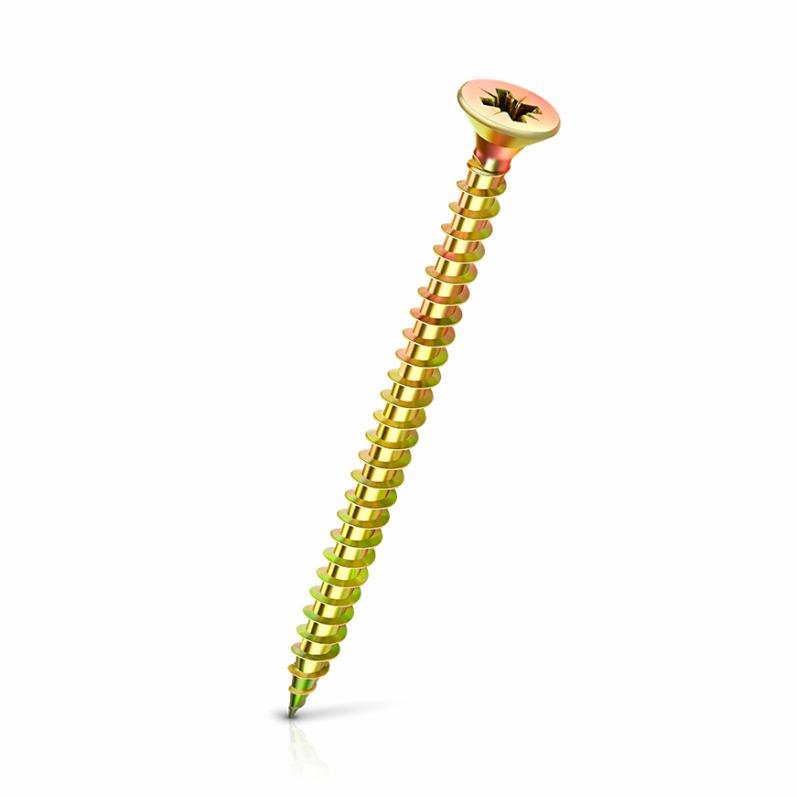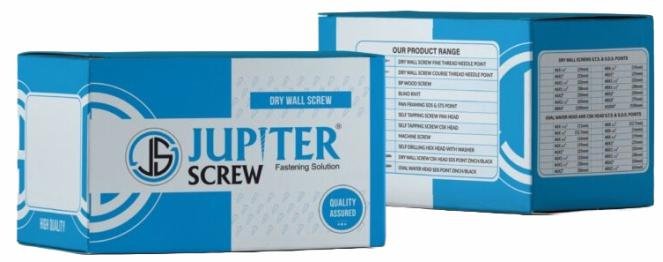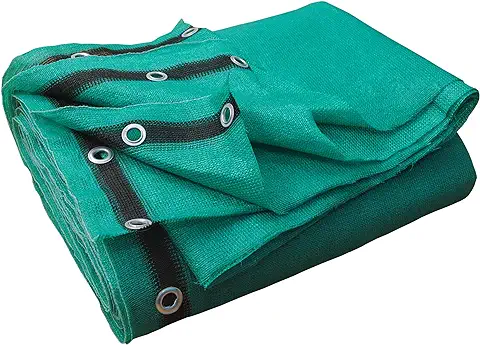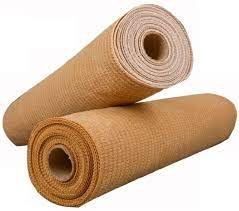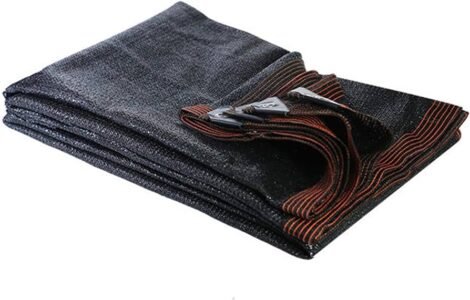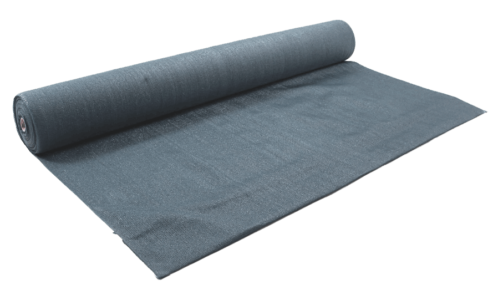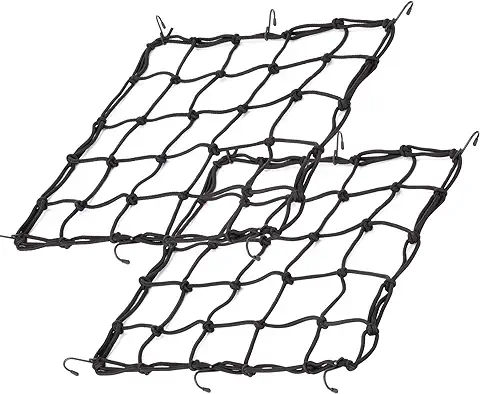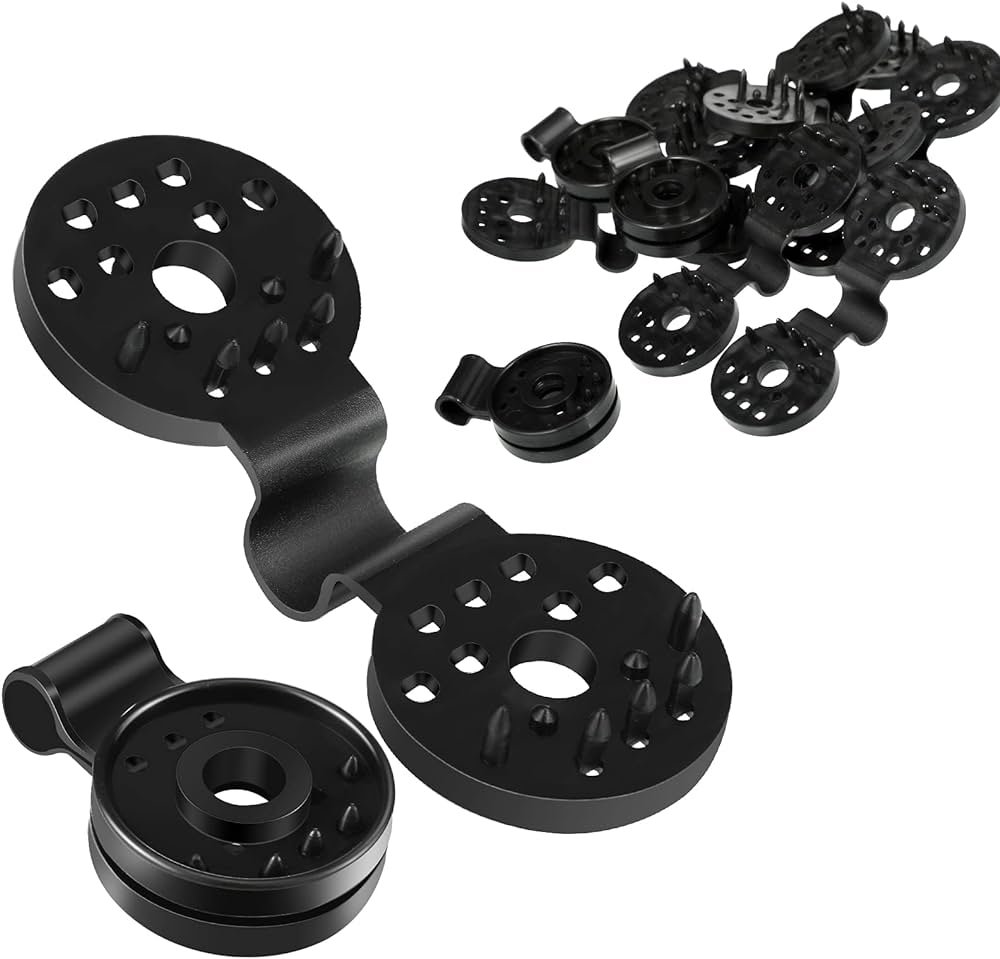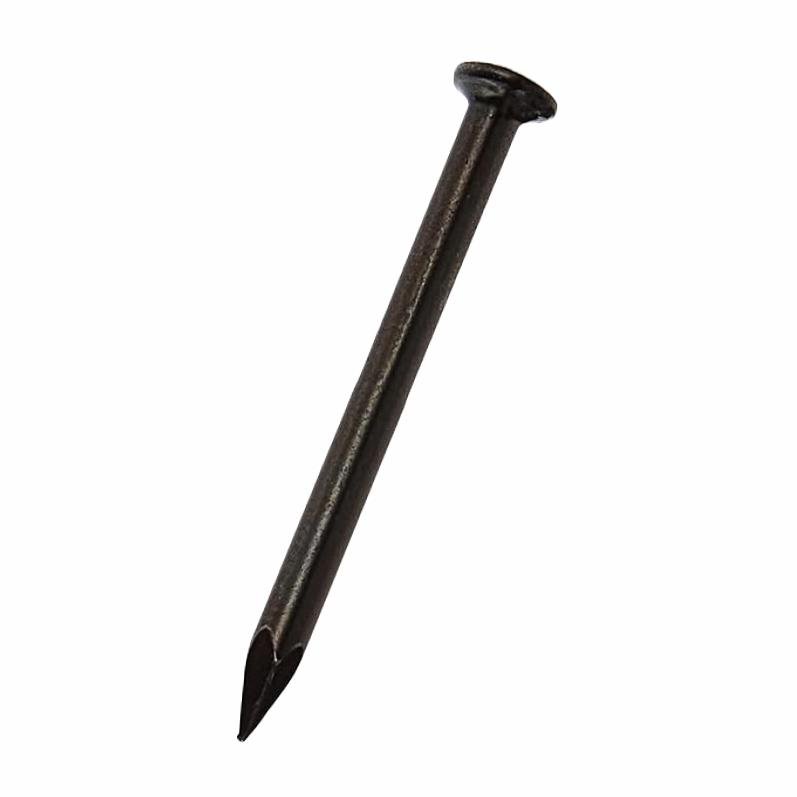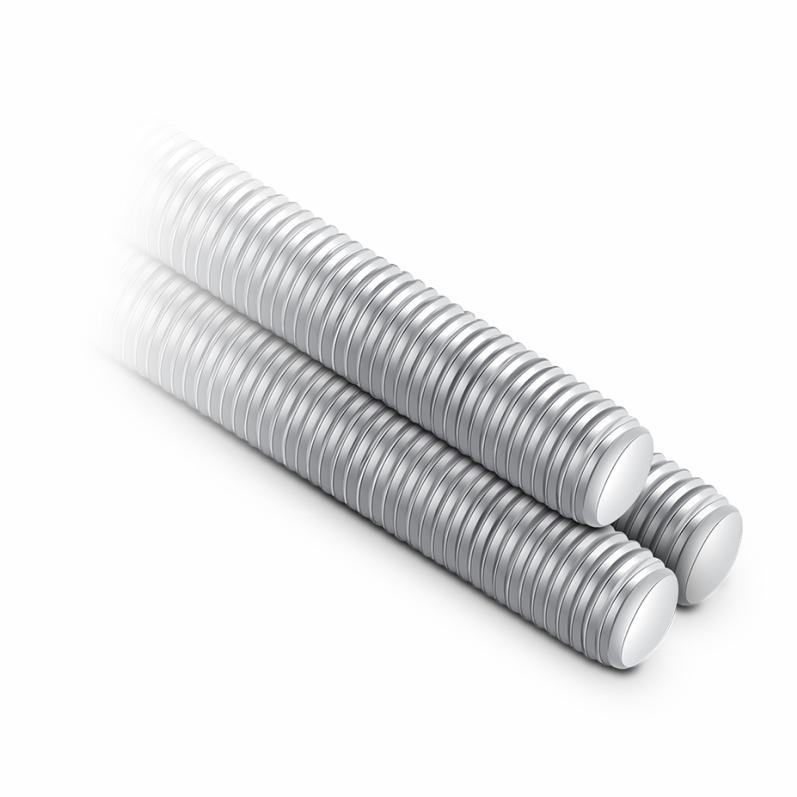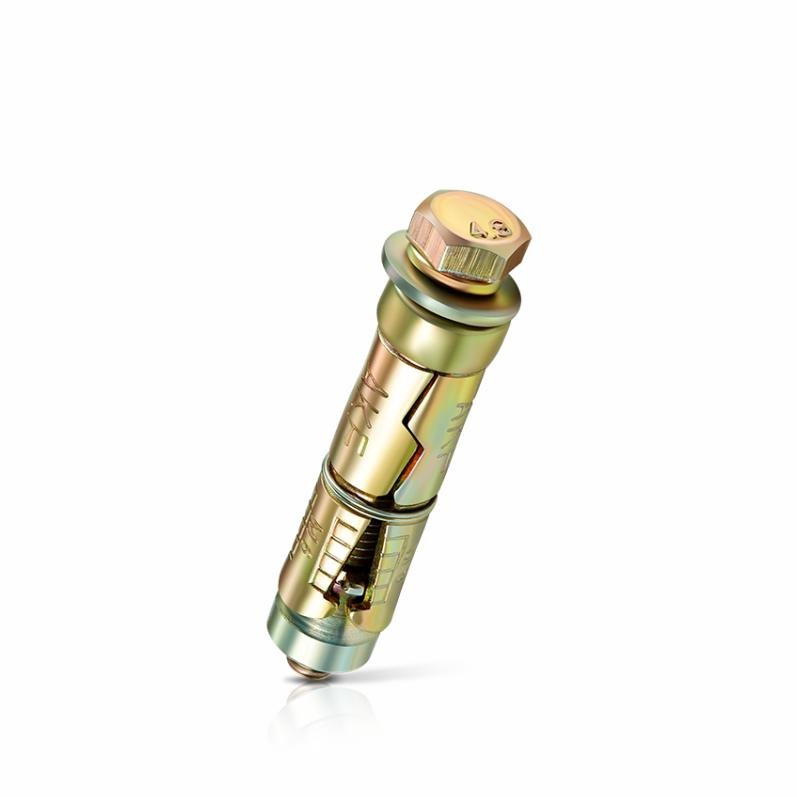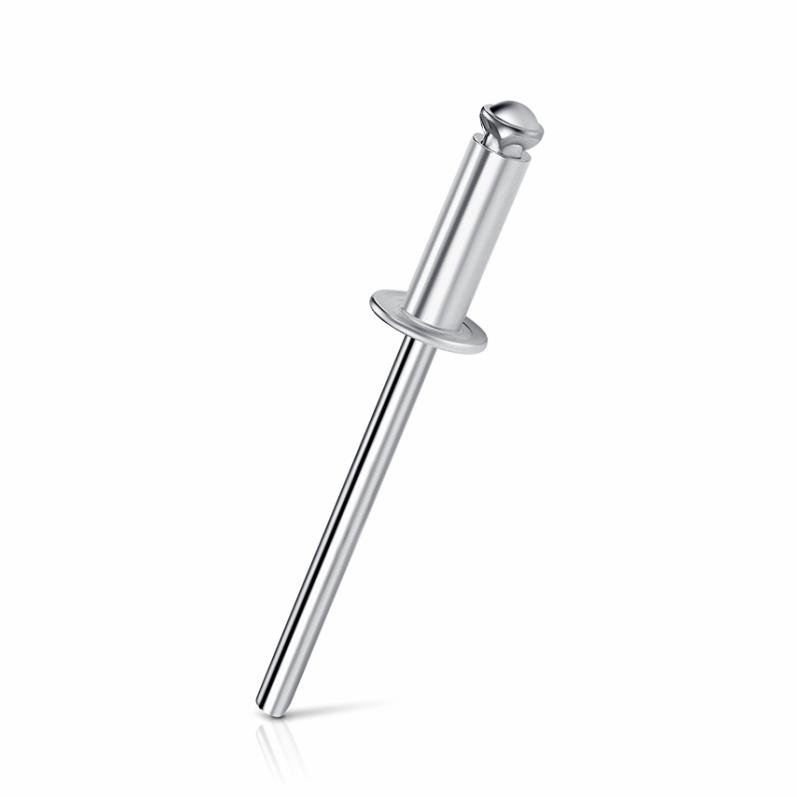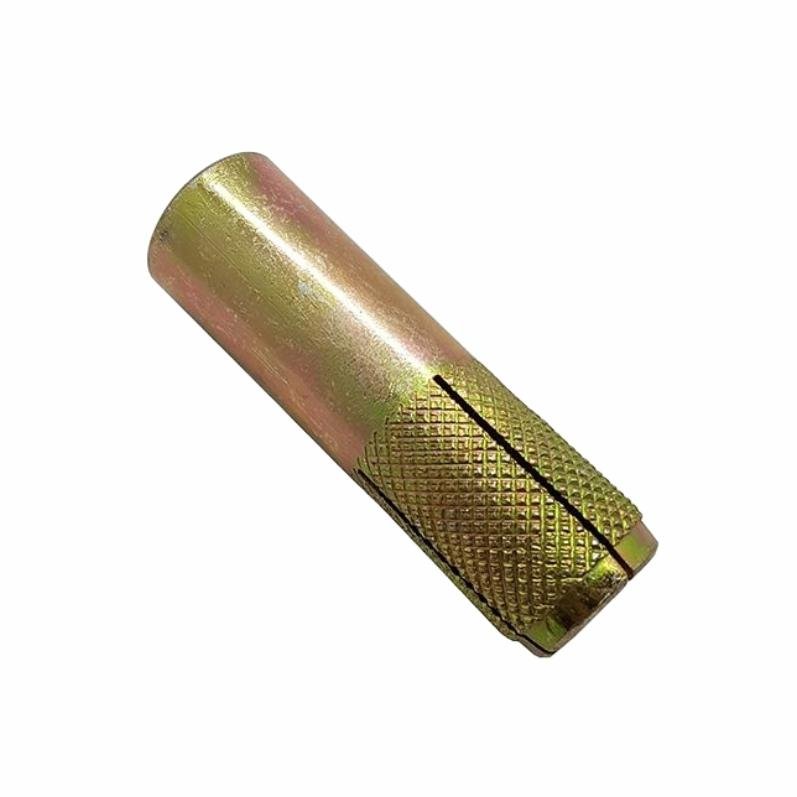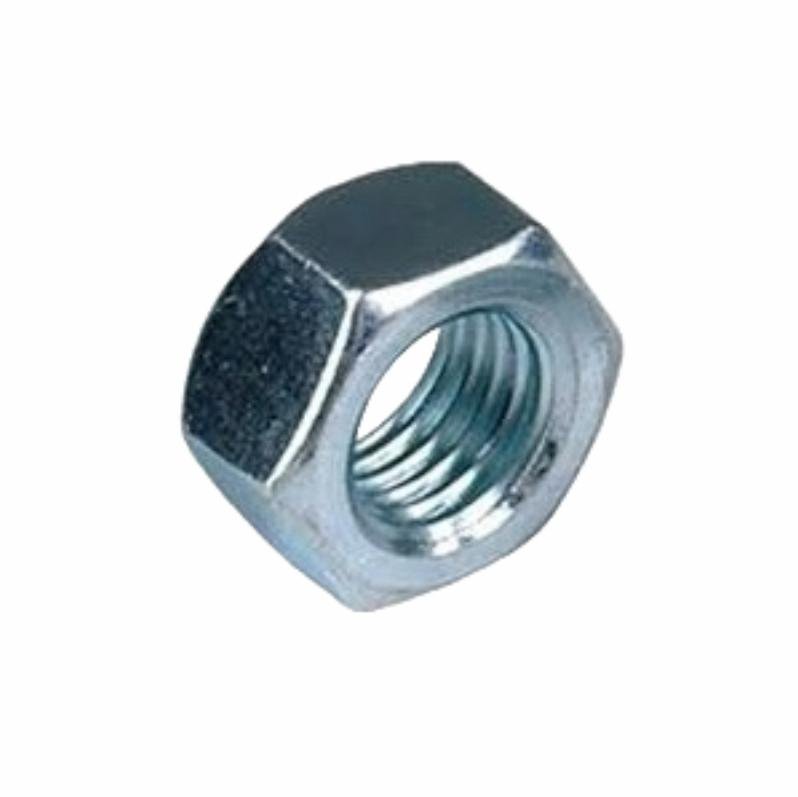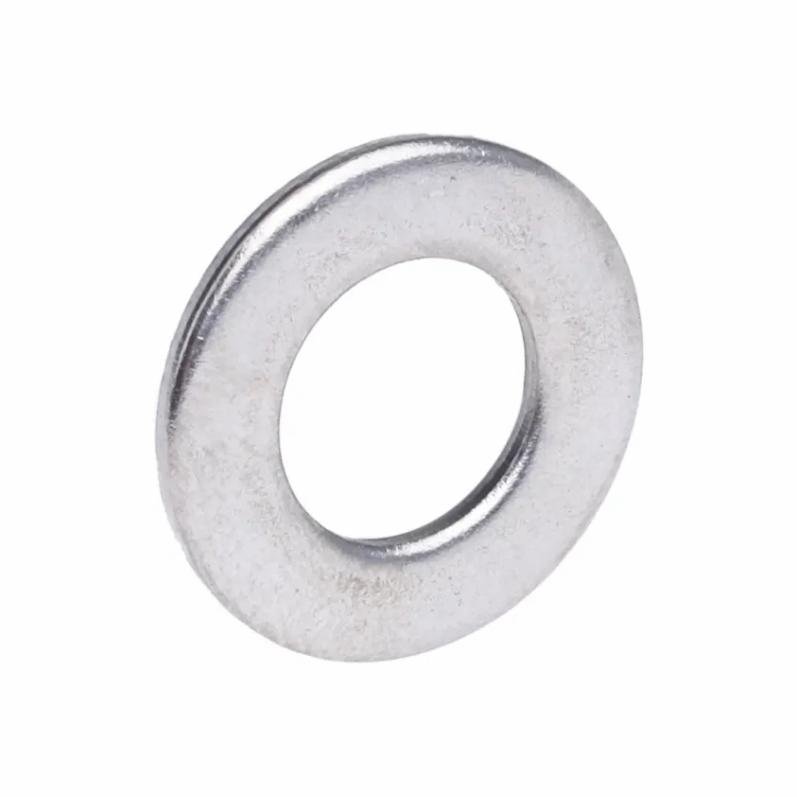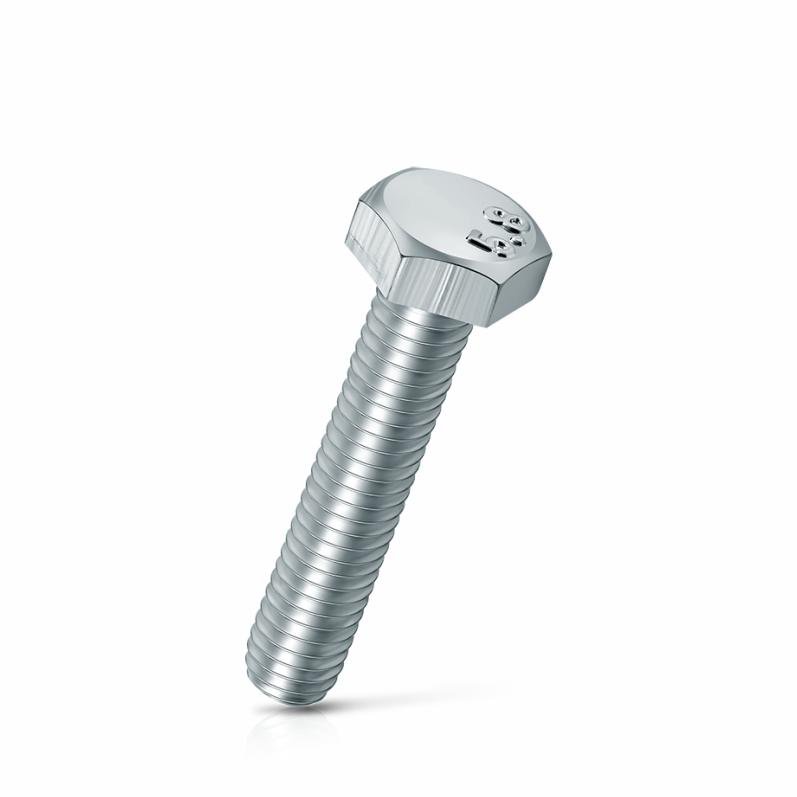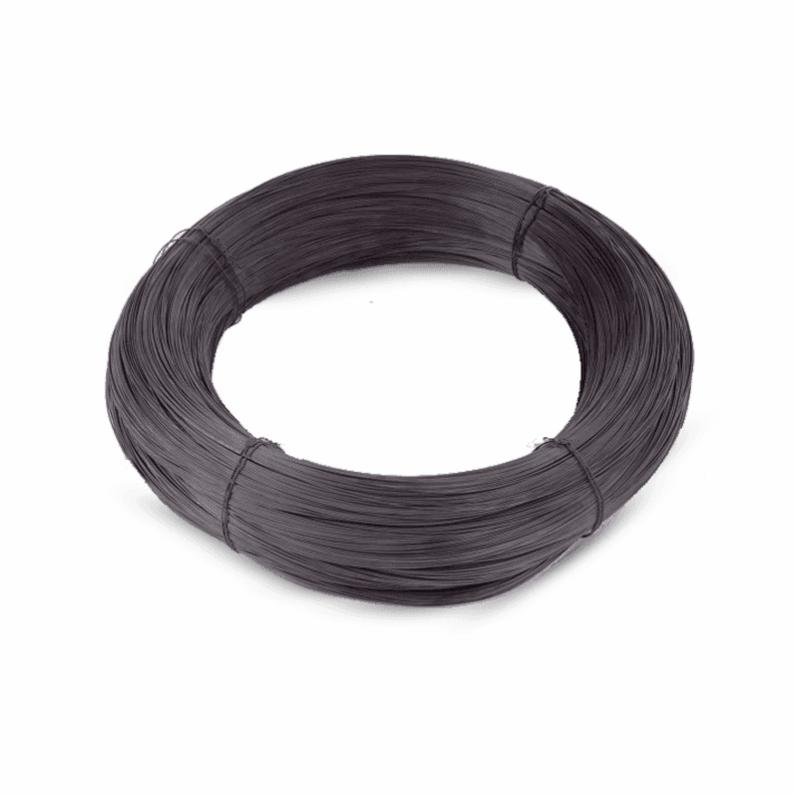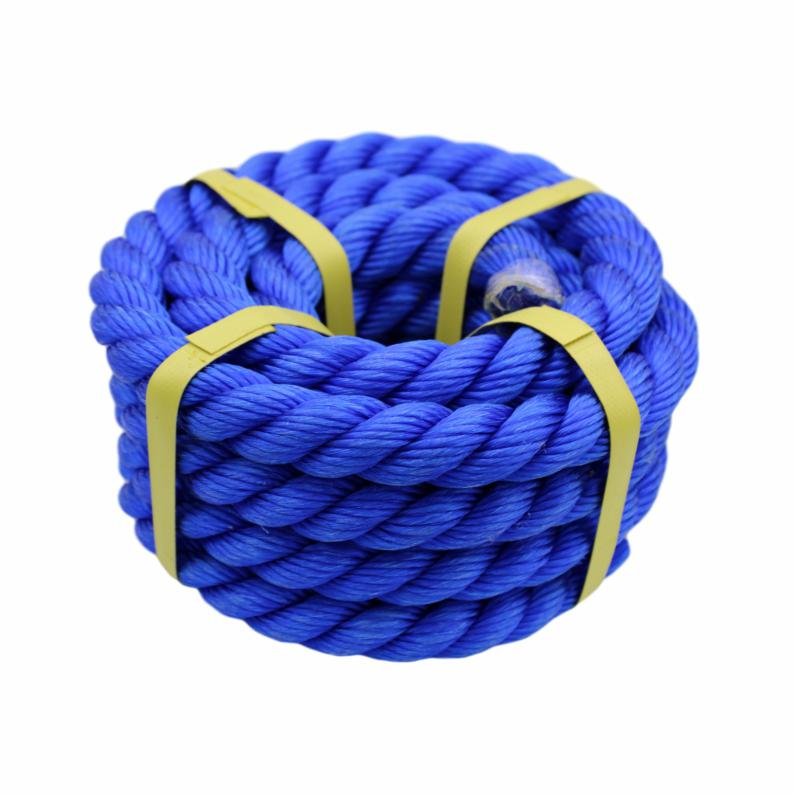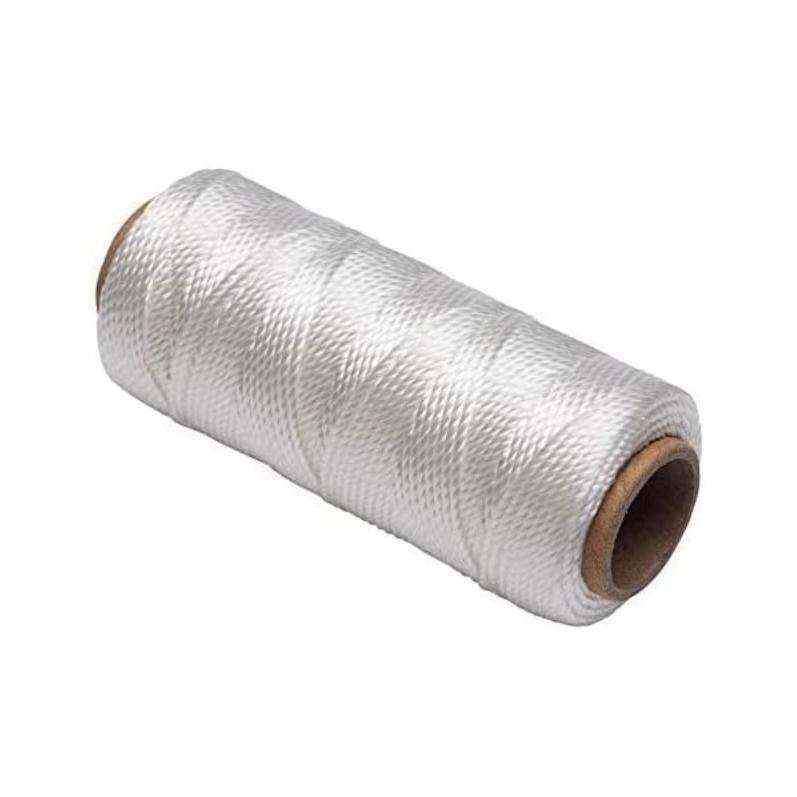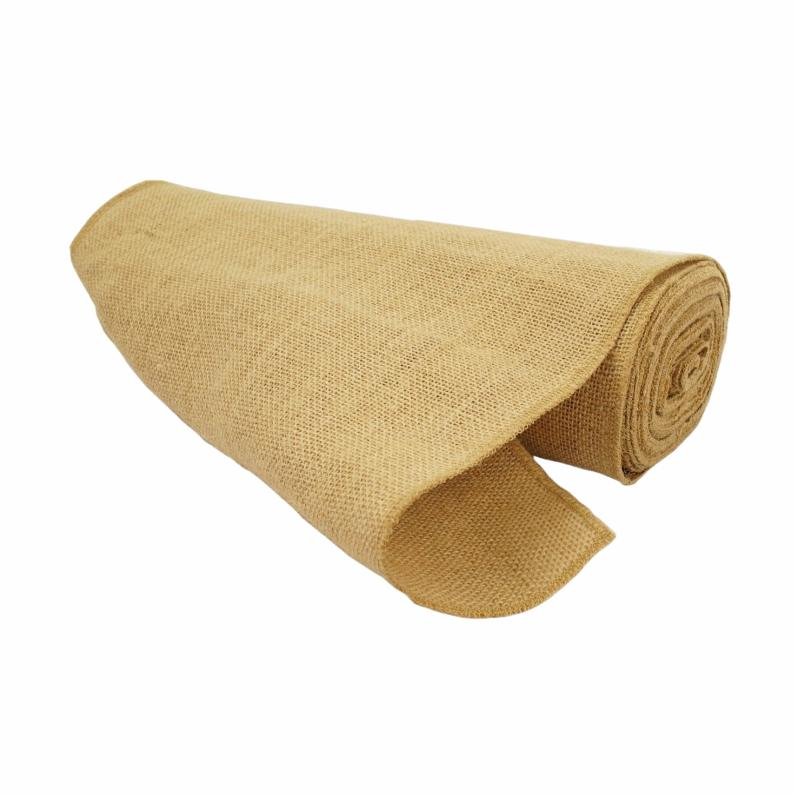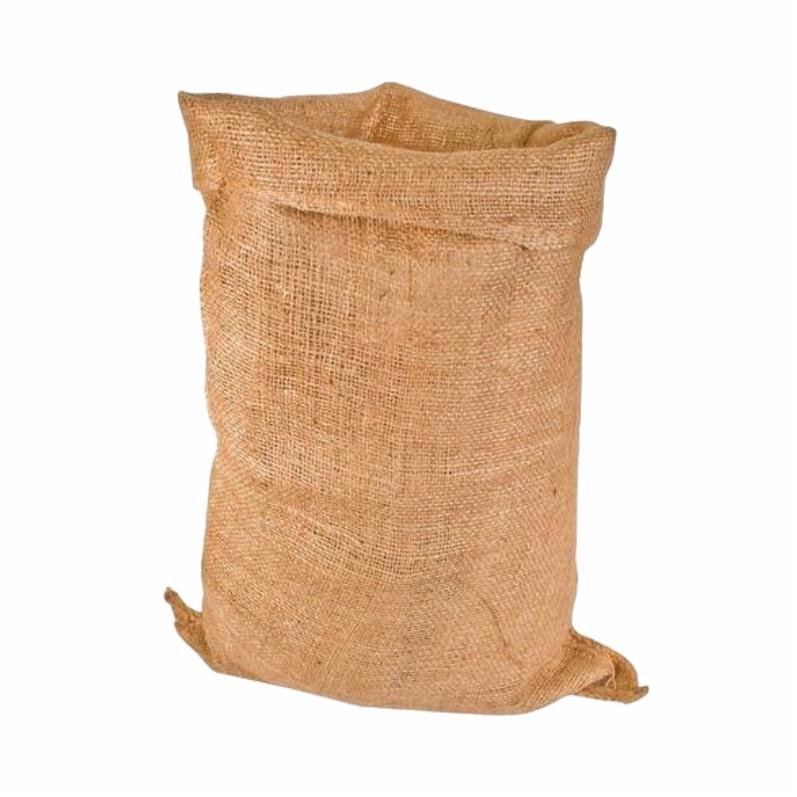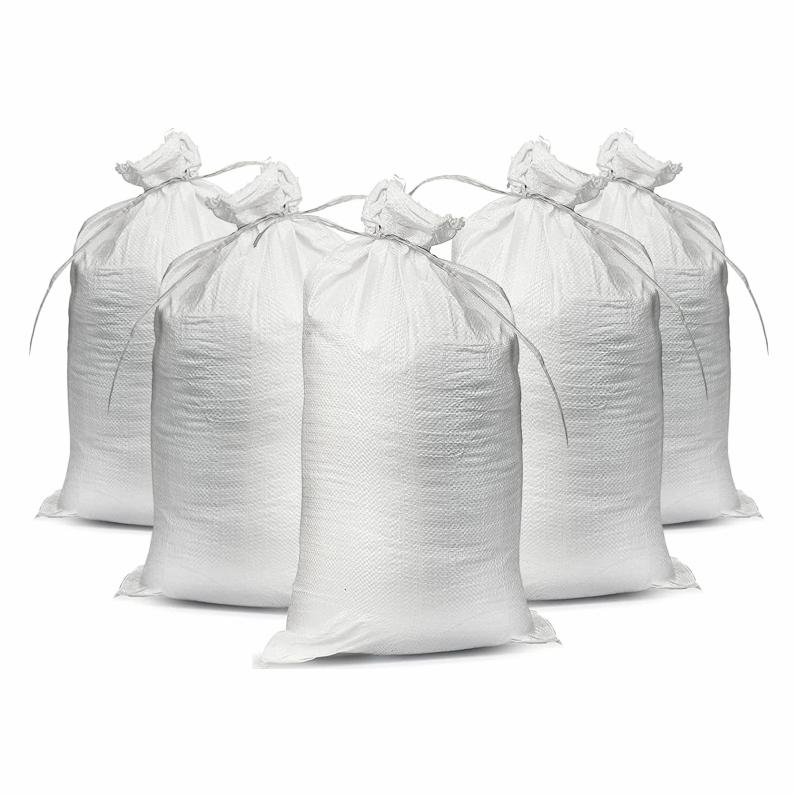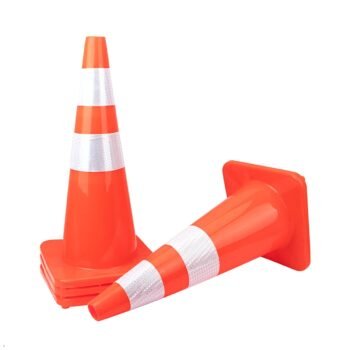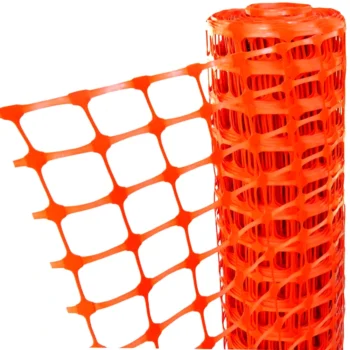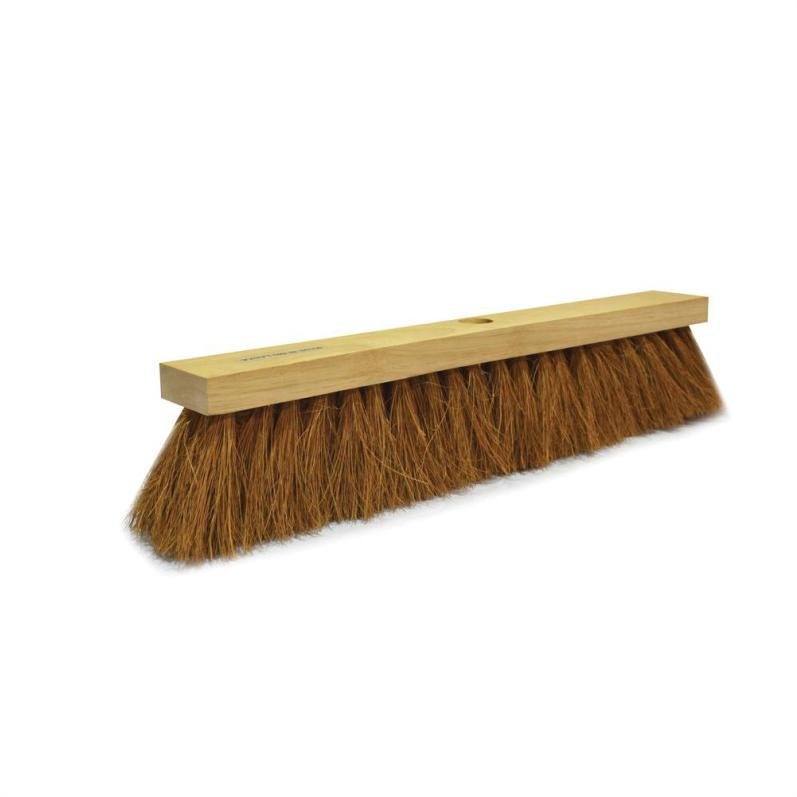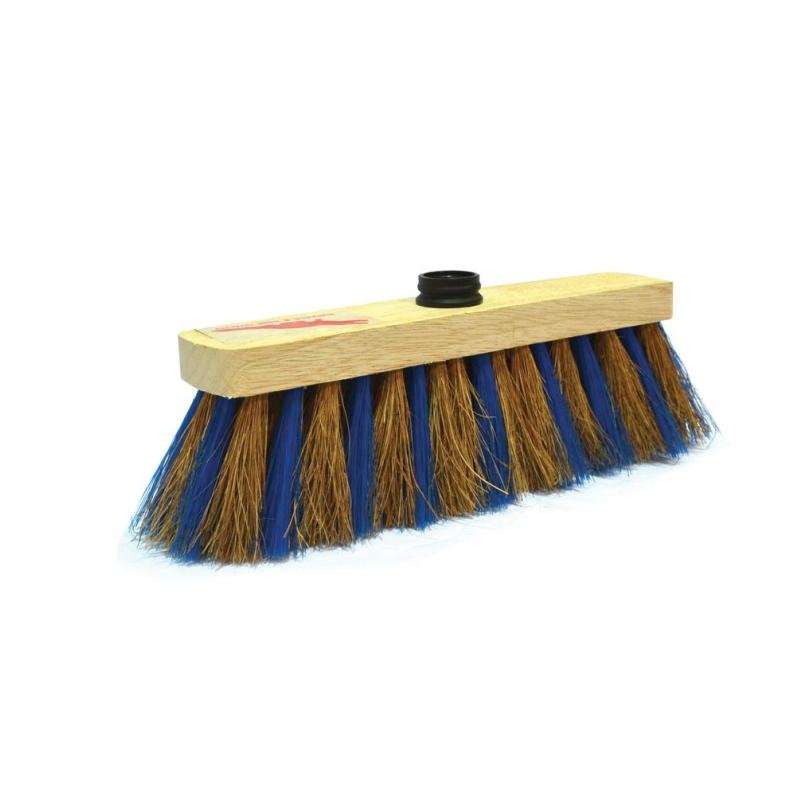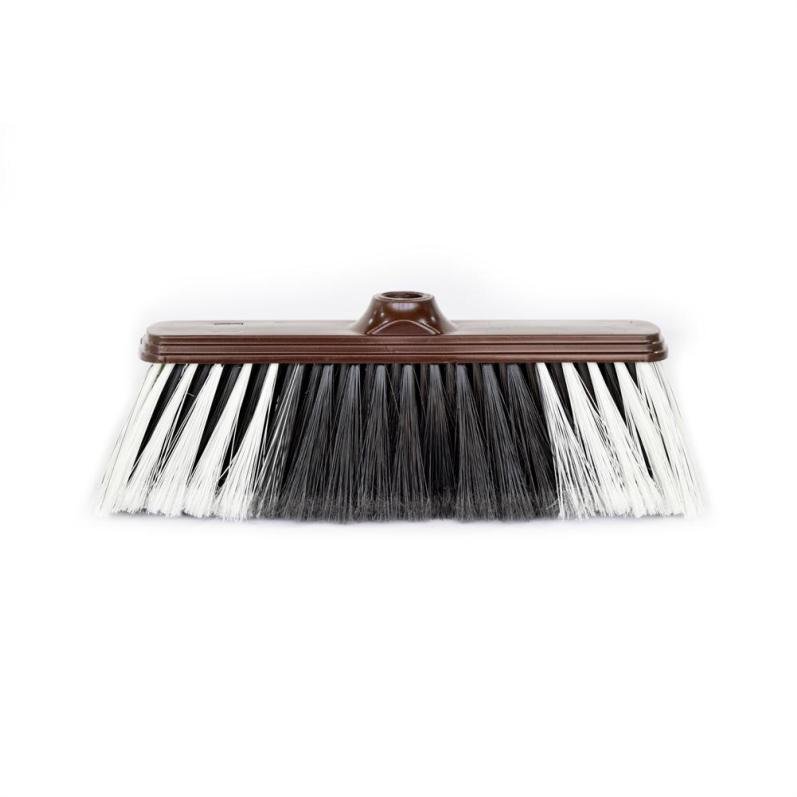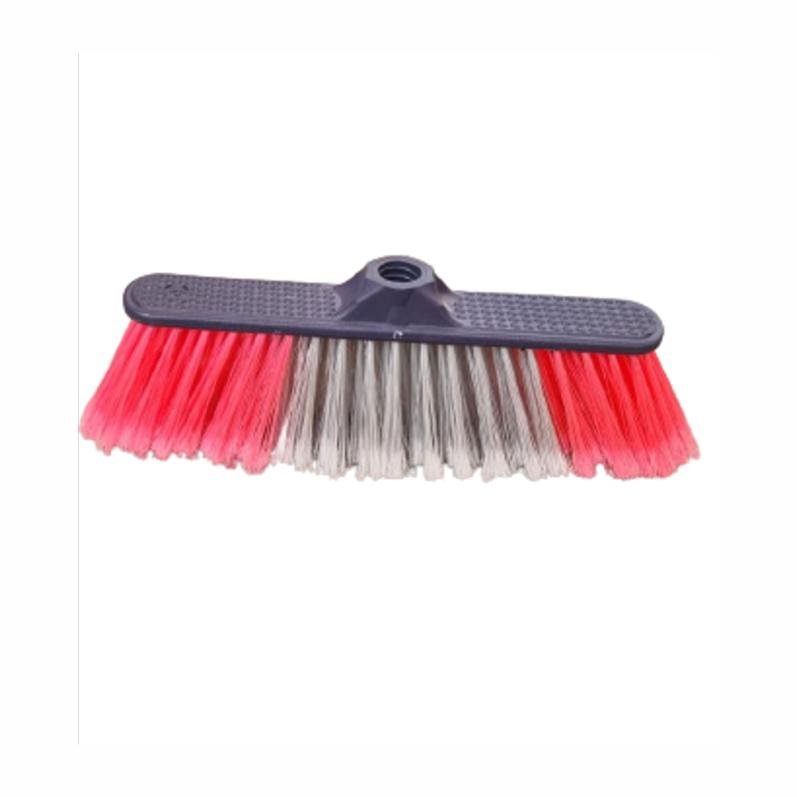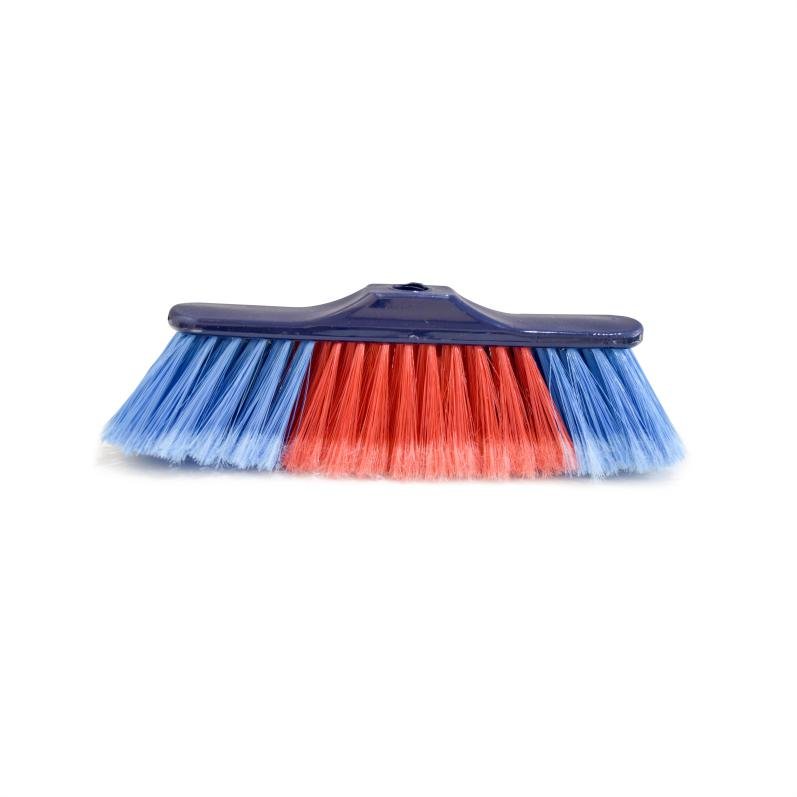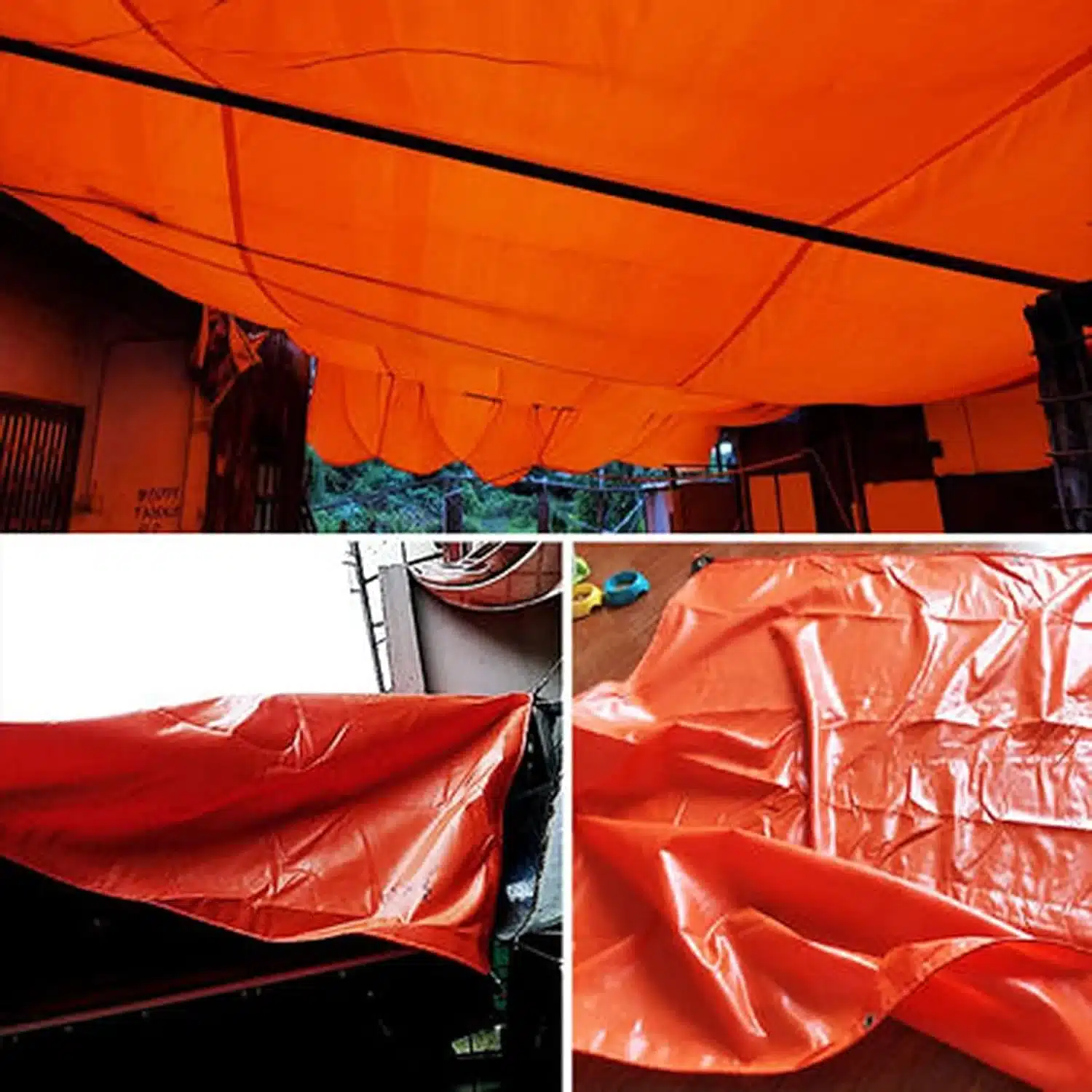When it comes to construction and industrial applications in Dubai, choosing the right tarpaulin is required. Tarpaulins serve as protective covers for tools, materials, and even workers, protecting them from the harsh desert climate. Understanding the different types of tarpaulins available—PVC, PE, and canvas—can help you make an acquainted judgment tailored to your specific needs.
PVC Tarpaulins
Strength and durability abound in polyvinyl chloride tarpaulins. Created from a synthetic plastic polymer, these tarps resist UV light, chemicals, and water. They are, therefore, ideal for outdoor use, especially in the building sector, where openness to the outdoors is inevitable.
PVC tarpaulins have one of the main benefits in that they can resist strong winds and severe weather. They are frequently used as covers for machinery, tools, and building sites as well as materials. PVC tarps’ simplicity of cleaning and maintenance also adds to their lifetime. Their several colors and thicknesses provide flexibility in choice by means of manufacturing.
PVC tarpaulins may thus be less useful in milder seasons since they can become less flexible in extreme cold. Furthermore, although being quite robust, their cost could be more than that of other choices.
PE Tarpaulins
Another common choice, particularly for those looking for affordable and lightweight solutions, is polyethylene tarpaulins. The plastic used to make these tarps is one kind that is waterproof and tear-resistant. On building sites, PE tarpaulins are common for covering scaffolding, tools, and materials.
PE tarpaulins’ simplicity of usage is among its strongest points. Their small weight makes handling and deploying simple. Moreover, PE tarps come in several grades so consumers may select a thickness fit for their project needs.
Although PE tarpaulins are usually less costly than PVC choices, over time their durability may not be as great. Sunlight over extended periods of time can hasten their breakdown relative to PVC. PE tarpaulins can be a sensible option, though, for temporary projects or those where budget is the main consideration.
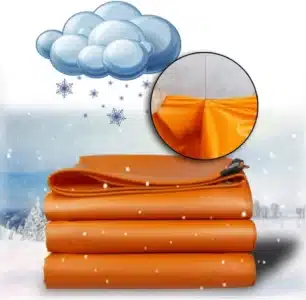
Canvas Tarpaulins
Usually cotton or a mix of cotton and synthetic fibers, canvas tarpaulins are constructed from woven cloth. Often employed in applications requiring ventilation, canvas tarps—known for their robustness and breathability—are less water-resistant than PVC or PE choices, but they still offer enough defense against light rain.
Eco-friendliness of canvas tarpaulins is one of its key advantages. Being biodegradable and used many times, they are a sustainable option. For some building projects, aesthetics and environmental fit are also crucial factors; hence, canvas tarps usually appeal more and fit the surroundings.
But since canvas tarps must be sprayed with water repellant to improve their water resistance, they could demand extra upkeep. They are also less useful for some purposes since they can get heavy in damp conditions.
Choosing the Right Tarpaulin for Your Needs
Consider elements including the particular application, environmental circumstances, and budget when choosing a tarpaulin for usage in Dubai, either for industry or construction. While PE tarpaulins are fit for lightweight and temporary demands, PVC tarpaulins are best for circumstances needing great durability and weather resistance. Though they are environmentally beneficial, canvas tarpaulins could need extra maintenance.
Review your project specifications closely to identify the kind of tarpaulin would offer greatest performance and protection. Speaking with experts in tarpaulin materials can also give insightful information catered to your particular need.
Conclusion
Comprehending the contrasts between PVC, PE, and canvas tarpaulins is vital for making the right choice for your industrial or construction projects. Every type has its unique advantages and drawbacks, so it’s vital to consider what you need most. MSBM offers various options to suit different requirements, ensuring you find the right tarpaulin for your specific use. By selecting the right material, you can effectively protect your assets and ensure the success of your projects in Dubai.

